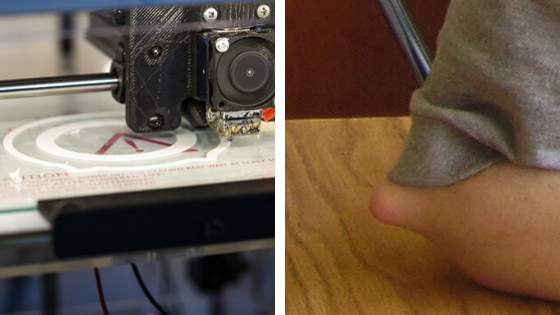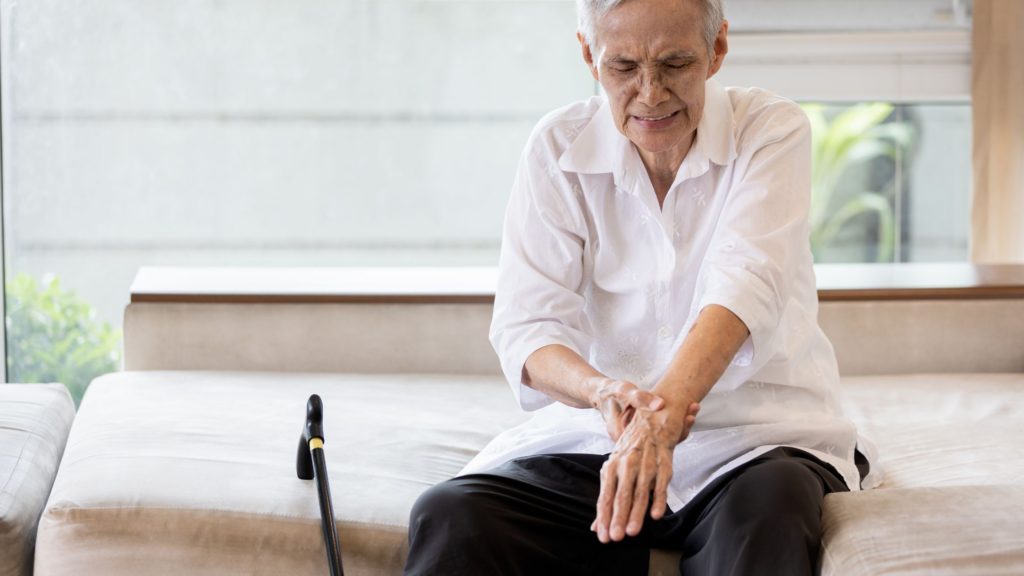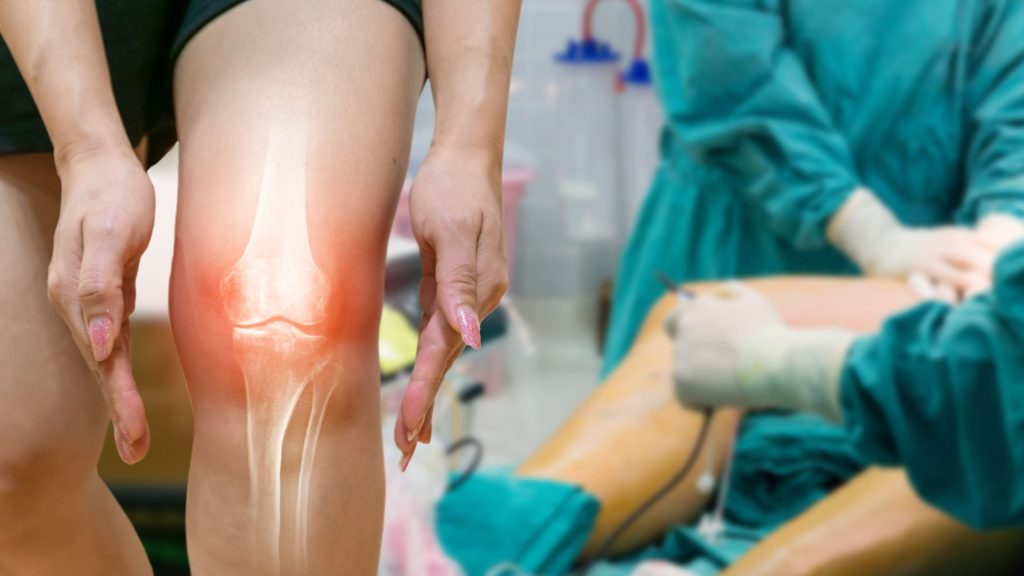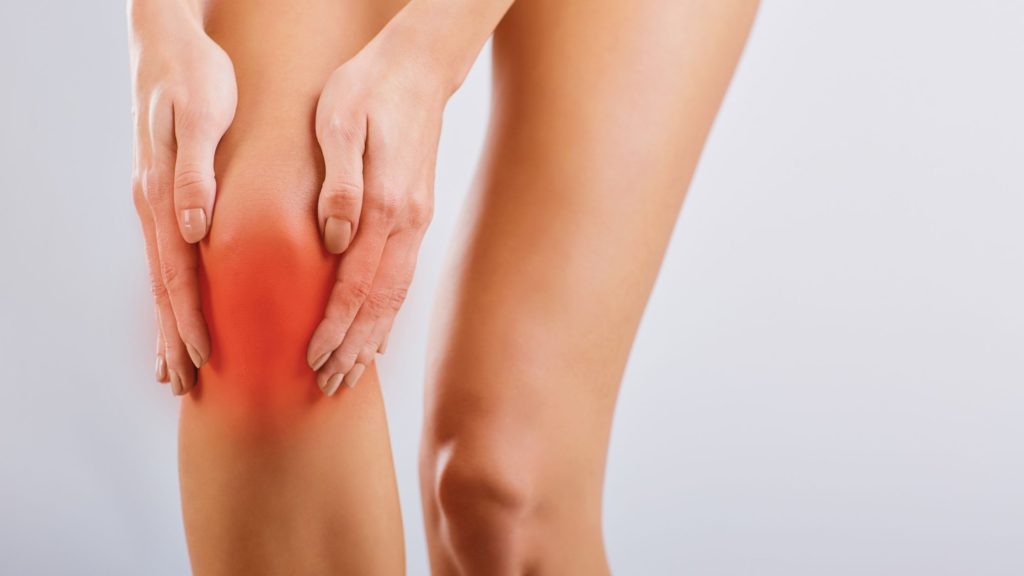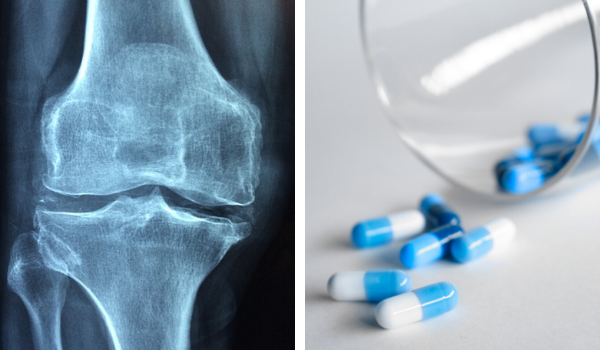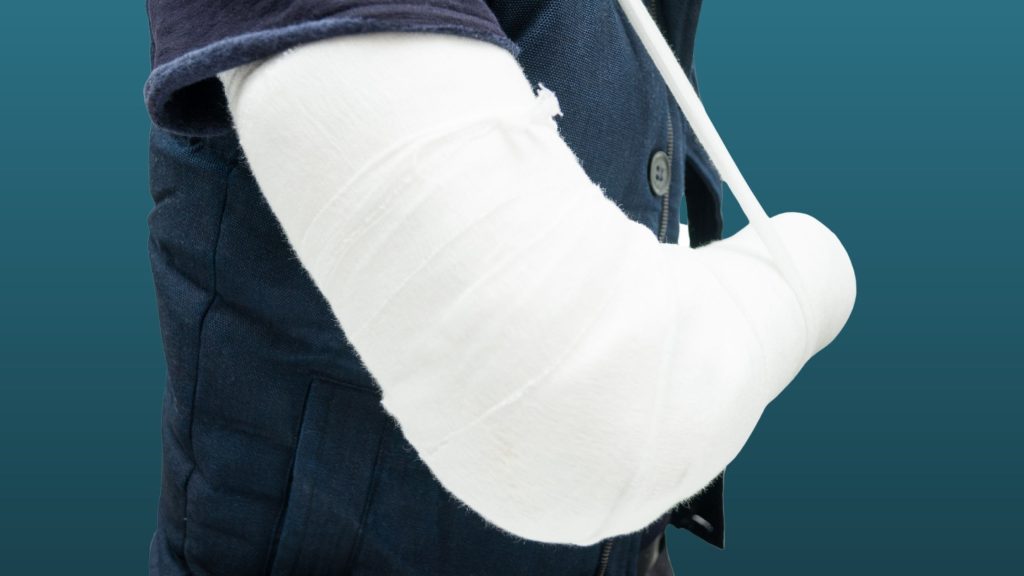Last updated on July 3rd, 2025 at 05:10 pm
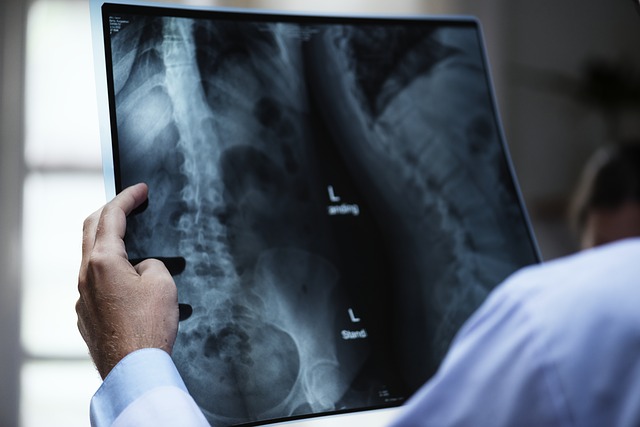
If you have a disturbed night’s sleep and have a sleep duration of less than 5 hours per night, then you may risk of developing weak bones or osteoporosis, finds a study1. A recent US study conducted on postmenopausal women published online on the Journal of Bone and Mineral Research has concluded that poor night sleep may adversely affect bone health.
This study reminds us of the importance of sound and healthy sleep. But what made researchers conclude this? And how was the research conducted? Let’s find out in this article.
Research methodology
This US study was conducted by the Women’s Health Initiative (WHI), for which they recruited 11,084 postmenopausal women. The average age of recruited women was between the ages of 50 and 79 years, and those who reported short sleep of less than 5 hours duration per night.
All the participants had to undergo a bone density measurement procedure known as dual-energy X-ray absorptiometry (DXA). The DXA measurement is also known as Bone densitometry, which uses a very small dose of ionising radiation to produce pictures of the inside of the body (usually the lower (or lumbar) spine and hips) to measure bone loss.
Hip, spine, and whole body DXA scans were performed, however, the researchers focused on the total hip, femoral neck, and spine (L2 to L4), all measured in g/cm2. Based on the study, women were further classified as having:
- Normal (T-score ≥ −1).
- Low bone mass (T-score between −2.5 and − 1) and
- Osteoporosis (Tscore ≤ −2.5).
The scientist also measured the sleep variables of women using self-administered questionnaires. The question on sleep duration asked,
- About how many hours of sleep did you get on a typical night during the past 4 weeks? (≤5 hours, 6 hours, 7 hours, 8 hours, 9 hours, and ≥10 hours).
- Did you have trouble falling asleep?
- Did you wake up several times at night?
- Did you wake up earlier than you planned to?
- Did you have trouble getting back to sleep after you woke too early?
- Overall, how was your typical night’s sleep?
All the collected data from the DXA study and sleep variables were assessed and reviewed for a final result.
Result of the research
Approximately 10% of our women reported sleeping 5 hours or less per night, had BMD (Bone Mass Density) values that were approximately less compared with women who slept 7 hours per night.
The spine and whole body BMD values were also lower on average for women who slept 6 hours per night.
In multinomial logistic models, women sleeping 5 hours or less per night had significantly higher odds of low bone mass of the total hip and whole body compared with women sleeping 7 hours per night.
Similarly, women sleeping 5 hours or less per night had higher odds of osteoporosis of the total hip, spine, and whole body. Women sleeping 6 hours per night had higher but slightly attenuated odds of spine and whole body osteoporosis (versus 7 hours per night).
Conclusion
Poor sleep is linked to a broad range of adverse health conditions, including obesity, diabetes, hypertension, cardiovascular disease, and mortality. The study suggests that sleep may negatively impact bone health, adding to the list of the negative health impacts of poor sleep.
Another study also links increased risk of osteoporosis in women due to a chemical in toothpaste.. This serve as a reminder to strive for the recommended 7 or more hours of sleep per night for our physical and mental health.
Keep Reading: Supplement That Reduces Osteoporosis Risk Later in Life
The author is a physiotherapist who has been practising for the last 17 years. He holds a Bachelor's in Physiotherapy (BPT) from SVNIRTAR (Swami Vivekananda National Institute of Rehabilitation and Research), one of the prestigious physiotherapy schools in India.
Whatever he learns dealing with his patient, he shares it with the world through blogs and e-books. He also owns a YouTube channel, "Sunit Physiotherapist" with over 8 lakh active subscribers. Here, he shares everything he gets to learn serving the patient.
